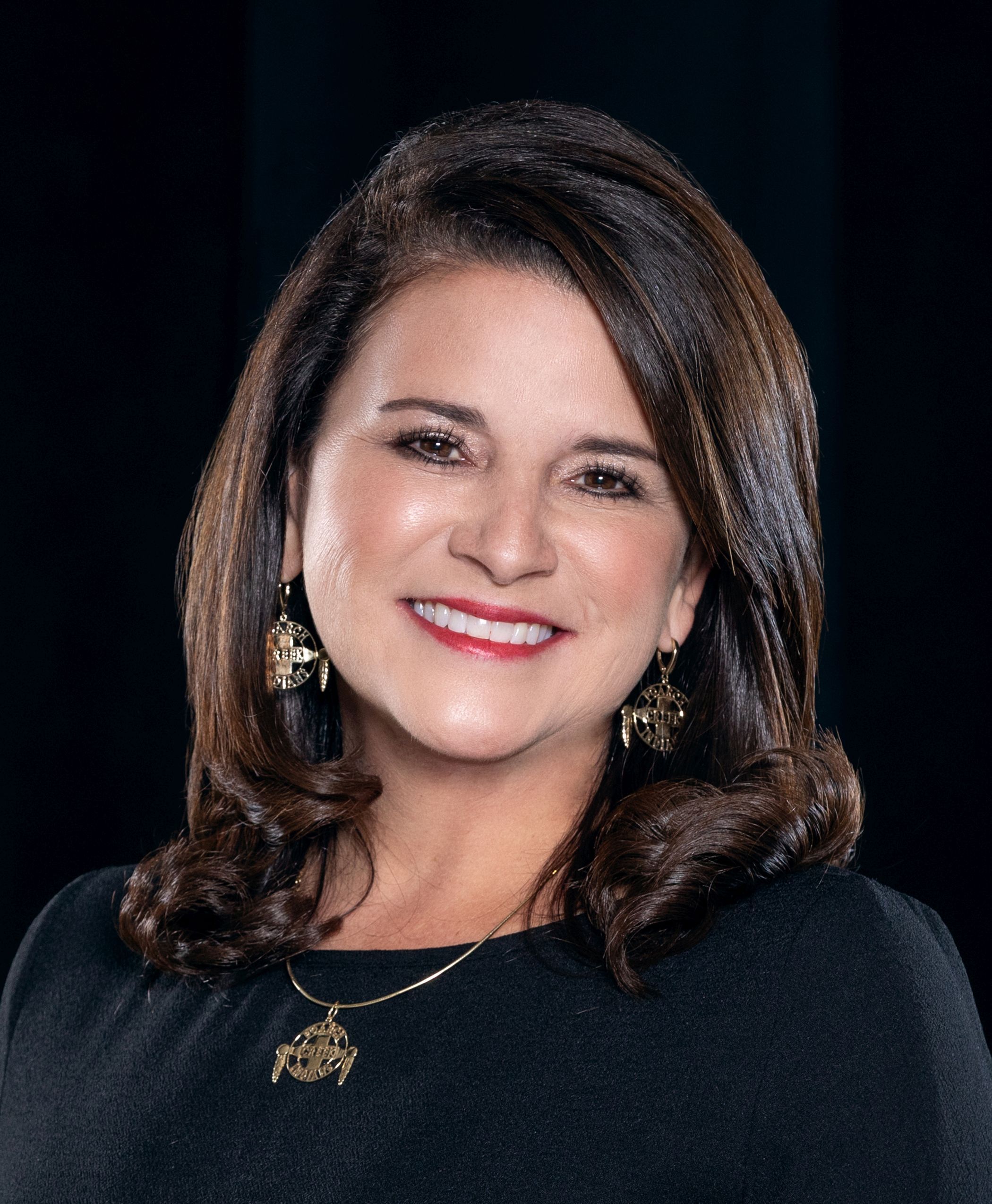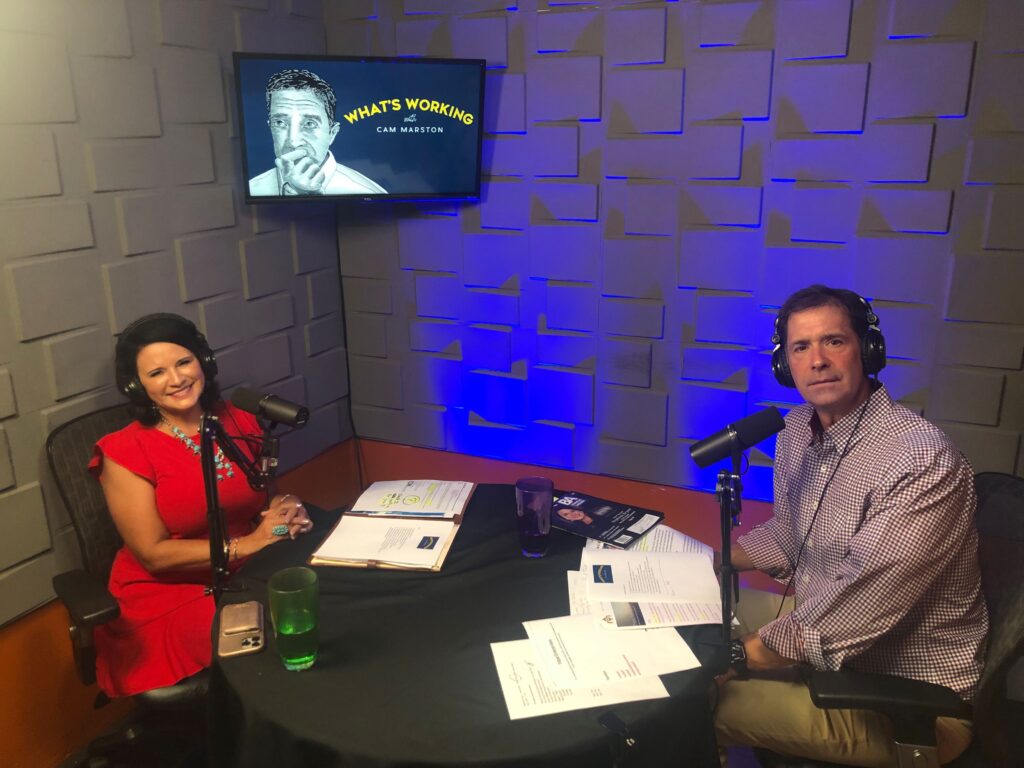
Riding wave of prosperity, Poarch Band of Creek Indians CEO believes in giving back
Posted On August 9, 2023
Stephanie Bryan grew up in poverty as a member of the Poarch Band of Creek Indians community, before it obtained federal recognition in 1984. Today, as its first female chairperson and CEO, she is leading it to unprecedented prosperity.
Bryan, our guest in a recent episode of “What’s Working with Cam Marston,” now oversees a business portfolio that includes 42 separate businesses, ranging from government contractors to software companies to Wind Creek Resorts and the popular OWA amusement park and waterpark.
A community that once received 100 percent of its funding through grant money is now 90 percent funded through its own economic development initiatives.
Bryan, who was named Business Alabama’s CEO of the Year, moved into leadership when she was named vice-chair by a coin flip in 2006. Eight years later, she became chair and CEO and made it her mission to expand the business ventures of a tribe that had begun with a simple bingo hall.
“I did not want the legacy of the Poarch Band of Creek Indians to be strictly gaming,” she said. “I wanted to create a diversified portfolio.”
 Early in her leadership career, she had seen and felt the risks that come with building that portfolio. The tribe began work on Wind Creek Atmore as the country was plunging into a recession in the late 2000s, putting off plans for another resort in Wetumpka.
Early in her leadership career, she had seen and felt the risks that come with building that portfolio. The tribe began work on Wind Creek Atmore as the country was plunging into a recession in the late 2000s, putting off plans for another resort in Wetumpka.
They had been debt-free, but had to take on debt to build Wind Creek. The term of that loan was seven years, and they paid if off in less than three. Now there are Wind Creek Resorts in Wetumpka and Montgomery, as well.
“That began the journey of tremendous growth for the Poarch Band of Creek Indians,” she said.
Bryan notes, however, that the common assumption that the tribe has done all this thanks in large part to not having to pay taxes is a misconception. Their numbers show that they’ve paid over $2 billion in taxes.
And while the prosperity is wonderful, Bryan said her passion is in giving back. The tribe invests in education, including a Boys & Girls Club that serves about 500 children and a scholarship program that has helped numerous young people follow their dreams. And through its economic development efforts, the tribe is working to bring and sustain jobs in the state.
“That was a goal for me when I first got involved in leadership,” she said, “to build relationships with leaders within the state, and that we collectively work together to create economic development, and we partner together to help improve quality education for children and then inspire them to go do great things right here within our own state.
“That’s what I want my legacy to be: that she was a leader who believed in giving the tools that the future generation needs to succeed. Inspire them to go out and do great things and not depend on entitlement.”